COPING WITH INCARCERATION
Supporting Young People with Incarcerated Family Members
The incarceration of a friend or family member can cause immense strain on an important relationship while introducing stigma, shame, and emotional uncertainty into a young person’s life.
How does incarceration impact young people?
The incarceration of a caregiver or friend can have a profound emotional impact on young people, often leaving them with feelings of shame, confusion, anger, or abandonment. It can disrupt the family structure and lead to sudden changes in living arrangements, financial stability, and caregiving support. Young people may struggle to maintain a sense of connection with the incarcerated loved one, especially if visits or communication are limited. This separation can also carry social stigma, leading to isolation from peers and community. Over time, these stressors can affect young people’s emotional well-being, academic performance, and sense of identity.
How does Rainbows provide support?
For over 42 years, Rainbows for All Children has supported hundreds of thousands of youth through grief, loss, and uncertainty. We continue to serve all young people—regardless of age, race, gender, or financial circumstances. If you or a young person you know is having a hard time with loss or change, [click here] to find Rainbows programming near you. Our programs are always free for participants, anywhere in the world where groups meet.
By joining the Rainbows community— whether as a participant, caregiver, or trained facilitator— you’ll gain access to an engaging, evidence-based curriculum, and a group of peers who understand. Sign up today, and become part of a compassionate, supportive network committed to helping young people process their experiences, grow, and thrive through life’s most challenging moments.
Helpful Resources
Supporting Youth Through Familial Incarceration
Parenting and Caregiving Through Familial Incarceration
General Resources
Resource Archive
Categories
Find More Resources
We provide resources for all forms of grief.

Death
Of all the children in America, around 15% will experience the death of a family member or sibling. Even though death is ultimately a fact of life, it can be hard for anyone to experience this kind of loss, let alone a child.
Separation/Divorce
There are about 1.25 million divorces per year in the United States. Of all U.S. children, 50% will witness the breakup of their parents’ marriage, and almost 50% of those children will also see the breakup of a parent’s second marriage.
Incarceration
One in 28 children will experience the incarceration of a parent before the age of 18. Approximately half of children with incarcerated parents are younger than 10 years old.
Deportation
When a parent, caregiver or sibling is deported, or even when there is the threat of deportation, the whole family suffers.
Military Deployment
Parental deployment is a form of loss that 3% of American children experience. This can be a very difficult adjustment for children, who may not be able to see or speak to that parent regularly, and who also may experience a great deal of stress when worried about his or her parent or guardian’s safety.
Significant Illness
A child coping with the significant illness of a parent, caregiver or sibling can face many challenges.”
Community Crisis

Find A Support Group
Rainbows’ programs help children grieving the loss
of a parent or guardian due to death, divorce/separation,
deployment, deportation, incarceration or trauma.



